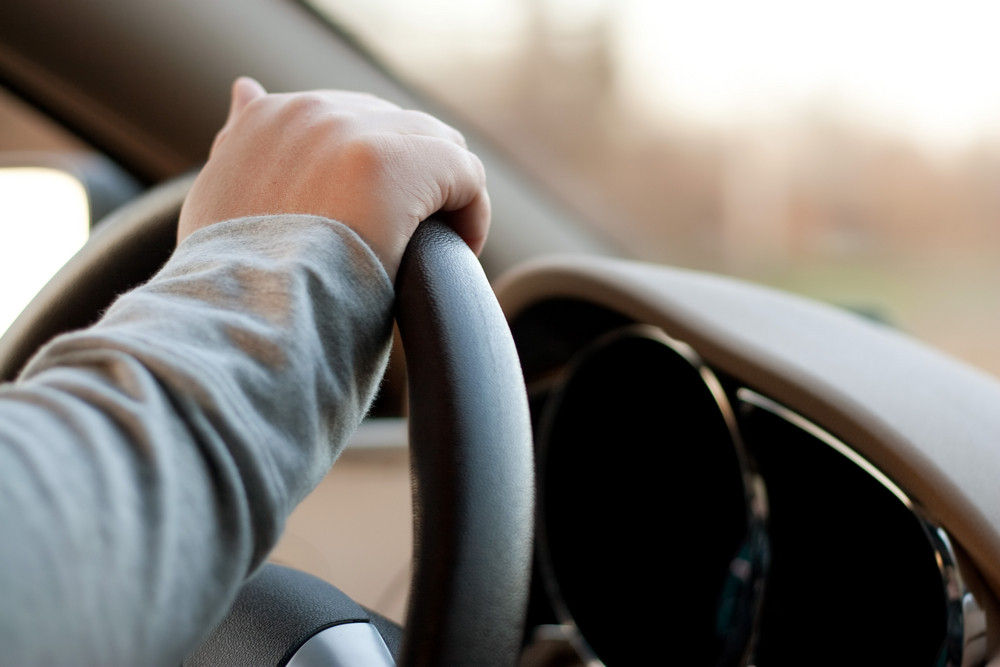Do You Need Repair for Your Brakes? 3 Ways to Tell
Posted October 8, 2023

| Your vehicle’s brakes are possibly the most important safety feature that it has. Without good brakes, you can’t stop safely or maintain a safe travel speed. According to Dyer, Garofalo, Mann & Schultz, about 300 thousand car crashes happen every year due to bad brakes. To help you prevent being among those who are in car wrecks caused by bad brakes, here are three ways to tell that your vehicle needs repair for brakes. 1. Metallic Sounds While Braking Brake pads and brake shoes have thick friction pads that grip rotors or press against brake drums to safely slow your speed or bring your vehicle to a full stop. Most vehicles have disc brakes and all four wheels, which means they have brake calipers, brake pads, and rotors on all wheels. The friction material on brake pads is designed to wear down gradually to protect the brake rotors against damage. Eventually, the friction material wears too thin, which exposes metal rivets and possibly the metal plate to which the pad is riveted. When those metal bits are exposed, they loudly scratch, scrape, and gouge the rotor while braking, which might lead to brake failure. 2. Brake Pedal Pulsates While Stopping Brake rotors can become warped or slightly deformed over time — especially if they are exposed to high heat caused by a defective brake pad or improperly working brake caliper. The uneven surfaces of the rotors could cause the brake pedal to pulsate while you are braking. You don’t lose braking power, but it can be unsettling while also degrading your vehicle’s ride quality. The fix is to turn the affected rotors when possible to restore their flat braking surface or replace the rotors with new ones. 3. Brake Pedal Feels Spongy One of the most dangerous signs of the need to initiate repair for brakes occurs when the brake pedal feels spongy. The pedal should feel firm with only a small amount of travel before the brakes are fully engaged. If you need to pump the pedal to get full braking power, the problem might be a bad master cylinder, one or more damaged brake lines, or air and water in one or more of the brake lines. You’ll need to have the problem diagnosed and fixed right away before you lose all braking power and the brake pedal travels to the floor. If you’ve noticed any of the signs described above, contact Veenstra’s Garage today. You can call, send an online request, or visit our service facility to schedule repair for brakes and ensure your vehicle is safe to drive. We look forward to assisting you! |
